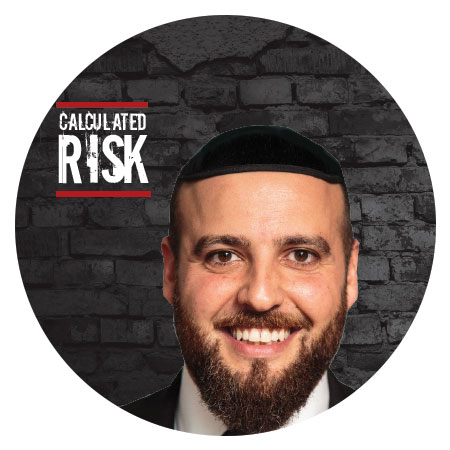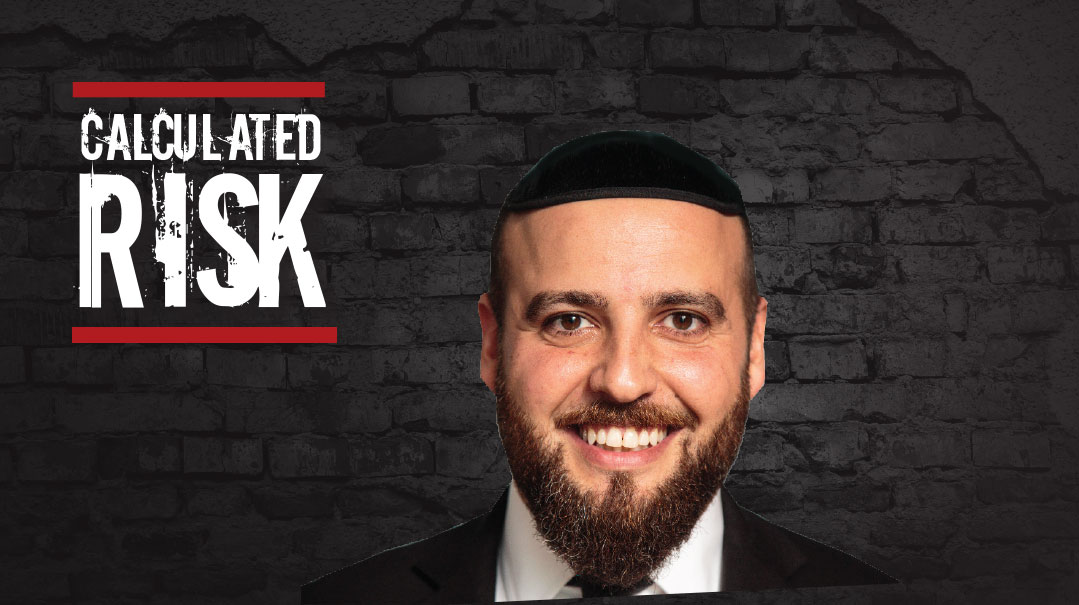When the Stakes Are High

Raising children can be a singularly enjoyable experience if we only had the proper training in how to do it
Question:
When do you send a kid for therapy?
Therapy sounds very time-consuming, expensive, and extracts an enormous emotional toll when it’s not effective, or the therapist is not a match, or for whatever reason it doesn’t improve the situation — which, according to what I’ve read in this magazine, is often the case. And let’s say, best case scenario, he learns skills in therapy, I feel very doubtful that he’d really transfer them to the real world.
Instead of sending a child to therapy, maybe we, as the parents, should be in therapy? The therapist can teach us how to help our kid?
I like this idea because we already understand him well and have a strong relationship with him, two things that the therapist is going to have to spend a lot of time working on.
But are parents always the best choice? Will we be able to learn enough, quickly enough, to be effective? At what point do we say he needs an expert working with him directly? After all, a therapist is not a quick solution and may not be effective either.
Answer:
There are lots of variables that would impact this question, and without that information, it’s hard to give a definitive answer. From the information given, I would venture to guess that someone here is not doing well, and that someone else is suggesting therapy for said individual. Finally, and most important to note that the individual in this case is a child.
If I were sitting in a room with this questioner, I would hold up a hand and tell them to take a deep breath and look at one question at a time. Otherwise, it’s easy to get overwhelmed and overmagnify the problem, which would lead to feelings of despair and hopelessness. Needless to say, that wouldn’t be helpful.
So let’s break this down.
Question #1: When do we send a kid to therapy?
Answer: When a kid needs therapy, we send them.
I’m not trying to be facetious or funny. If a child, chalilah, suffers a traumatic experience, the loss of an immediate family member, or experiences some form of abuse or neglect (and other such situations) then we send them to therapy. Not much of a question there.
This doesn’t seem to be the case here. So the real question is, “how do I know if my child needs therapy?” Asking the right question is as important, if not more important, than getting the right answer.
So how do we know if a child needs therapy? In most cases, we explore the option of therapy when the idea is suggested by the professionals in a child’s life. The more professional and experienced the person suggesting therapy is, the more seriously you should take their suggestion. If your child’s rebbi, morah, teacher, or principal, who is well-respected and even-mannered themselves, feels you should consider therapy, then we listen. Are they always right? No. But that’s where we start. Getting an evaluation by a therapist is not a commitment, it’s just a lens we use to see things clearer.
A note here about the partnership between parents and educators: Educators exist to assist parents with the responsibility the Ribbono shel Olam bestowed upon them — assist being the key word. Parents reading this might be thinking about the educator who didn’t mind their business, and educators are probably thinking about the parents who refuse to listen to their advice and lie about the child’s behaviors at home. I beg both groups to come to terms with the other side. Educators are there to help parents. They are a resource. As good leaders, parents need to use their resources and not feel threatened or sidelined.
Question #2: Do the skills that a kid will learn in therapy transfer to the real world?
Again, without all the variables this is difficult to answer. But a competent therapist will not just be teaching information (about, for example, self-advocacy); rather, they will be waiting to see the child apply the new skills on their own in situations the child will bring up. Yes — for any therapist reading this, that was the oversimplification of the year. But the point remains — a competent therapist will be gauging the child’s progress based on how well the child applies his new tools (assuming tools are what’s needed) in situations he encounters outside the session. At the beginning of therapy, clear, defined, and attainable goals will be set. You can measure progress based on those goals.
Question #3: Maybe the parents should be the ones in therapy?
YES. YES. YES. Also, for balance, let’s throw in one NO.
The reason I love this question is because it puts the responsibility and power back where it belongs. The responsibility for the child’s wellbeing lies with the parents. That’s the YES, YES, YES.
The NO was because it’s not necessarily therapy the parents need.
Nowadays specifically, I personally think it’s absurd that people parent without at the very least having taken parenting classes. Classes should be divided by the stages of development that your children fall into. There is no end to chinuch material and professionals for you to choose from. My wife and I have both attended chinuch classes and it has not only made us feel and act as competent and effective parents, it has changed us as people. A good chinuch class is not a list of do-this, don’t-do-that rules. Rather, it helps you understand the role of shalom bayis and personal development in regard to their effect on children. It helps you understand the world through the eyes and minds of your children and enables you to effectively communicate with them.
Proper training in chinuch will hopefully negate the need for the parents or the child to need therapy later.
For many people, parenting has become so stressful and induces such anxiety that it crushes us. For many, it has become the gauge we use to decide our failings as human beings. So with psychotic urgency we desperately show, plead with, and threaten our children to follow the path that looks good for them (and us) — as opposed to raising them. It doesn’t have to be this way. Raising children can be a singularly enjoyable experience if we only had the proper training in how to do it.
In summary, barring any traumatic or obvious reason, start with training yourself how to respond properly to the opportunity we were given to raise our kids. Even the most difficult child or complicated problems can be affected by a parent with proper tools applied calmly and lovingly. Don’t underestimate the power of parents.

Oops! We could not locate your form.


